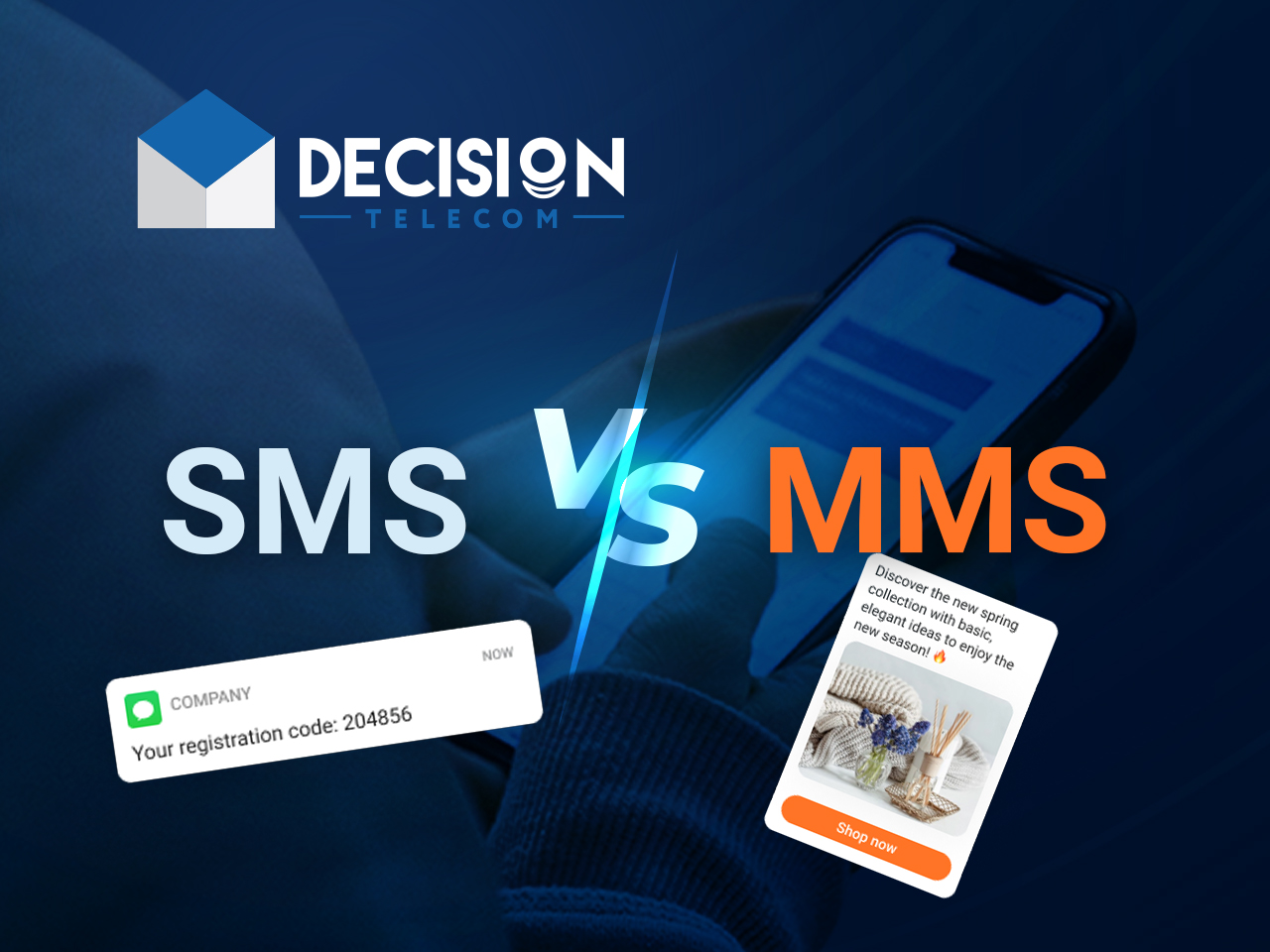MMS video has transformed the way we communicate, allowing users to send videos alongside text messages. This article delves into the evolution of MMS (Multimedia Messaging Service) video, its significance, and the impact it has had on personal and professional communication. As we explore the various facets of MMS video, we will provide insights into its technology, benefits, and future trends.
As we navigate through this article, we will discuss the technical aspects of MMS video, its applications in different sectors, and how it has influenced social interactions. By the end, you will have a comprehensive understanding of MMS video and its relevance in today's digital landscape.
Table of Contents
- 1. What is MMS Video?
- 2. The History of MMS Video
- 3. How MMS Video Works
- 4. Benefits of Using MMS Video
- 5. Applications of MMS Video
- 6. Challenges in MMS Video Communication
- 7. Future Trends in MMS Video
- 8. Conclusion
1. What is MMS Video?
MMS video refers to the ability to send video content through the Multimedia Messaging Service. Unlike traditional SMS, which is limited to text, MMS allows users to include multimedia files such as images, audio, and video clips in their messages. This capability enhances the richness of communication and enables users to express themselves more fully.
2. The History of MMS Video
The inception of MMS can be traced back to the early 2000s when the need for more interactive communication became apparent. Initially, MMS was designed to allow users to send images and audio clips. The addition of video capabilities came shortly after, revolutionizing how people shared moments with one another. Over the years, advancements in mobile technology and network capabilities have contributed to the widespread adoption of MMS video across various platforms.
2.1 The Birth of MMS
The first commercial MMS service was launched in 2002, marking a significant milestone in mobile communication. This service allowed users to share images and audio, laying the groundwork for the eventual inclusion of video.
2.2 The Rise of Smartphones
The proliferation of smartphones in the late 2000s further accelerated the adoption of MMS video. With enhanced camera capabilities and faster internet connections, users found it easier to capture and share video content on the go.
3. How MMS Video Works
MMS video operates over mobile networks, enabling users to send and receive video messages seamlessly. The process typically involves the following steps:
- Capturing a video using a smartphone camera.
- Encoding the video into a compatible format.
- Sending the video through the MMS gateway to the recipient's device.
- The recipient's device decodes the video for playback.
This process allows users to enjoy video content without the need for third-party applications, making it a convenient option for quick sharing.
4. Benefits of Using MMS Video
MMS video offers several advantages over traditional messaging methods:
- Enhanced Communication: The ability to share video clips allows for more expressive communication, enabling users to convey emotions and experiences more effectively.
- Convenience: MMS video is easily accessible on most smartphones, allowing users to share content quickly and without the need for additional apps.
- Wider Reach: MMS messages can be sent to any mobile device that supports multimedia messaging, ensuring that recipients can view content regardless of their device type.
5. Applications of MMS Video
MMS video is used in various sectors, enhancing communication in both personal and professional contexts:
- Social Media: Users share moments from their lives, such as events and celebrations, enhancing social interactions.
- Marketing: Businesses use MMS video in campaigns to engage customers with visually appealing content.
- Healthcare: Medical professionals can send video instructions or educational content to patients, improving understanding and compliance.
6. Challenges in MMS Video Communication
Despite its advantages, MMS video also faces challenges:
- Data Limitations: Sending large video files can consume significant data, which may lead to additional charges for users with limited data plans.
- Compatibility Issues: Not all devices support the same video formats, leading to potential playback issues for recipients.
- Network Reliability: MMS video relies on mobile network connectivity, which can be inconsistent in certain areas.
7. Future Trends in MMS Video
The future of MMS video looks promising as technology continues to evolve. Some anticipated trends include:
- Integration with Social Media: Expect more seamless sharing of MMS video content across social media platforms.
- Improved Compression Techniques: Advances in video compression will allow for higher quality videos to be sent with smaller file sizes.
- Enhanced Security Features: As privacy concerns grow, more secure methods for sending and receiving MMS video will emerge.
8. Conclusion
In conclusion, MMS video has significantly impacted the way we communicate, offering a richer and more engaging messaging experience. As technology continues to advance, the potential for MMS video to enhance personal and professional interactions will only grow. We encourage you to explore the possibilities of MMS video in your own communication and share your thoughts in the comments below. Don't forget to check out our other articles for more insights into the world of digital communication!
Thank you for reading! We hope to see you back on our site for more informative content.
You Might Also Like
Desi Leak MMS HD: Understanding The Controversy And Its ImpactUnsent Project: Exploring The Depths Of Untold Stories And Unshared Emotions
Shiloh Pitt: The Life And Legacy Of Angelina Jolie And Brad Pitt's Daughter
Ero Me: The Ultimate Guide To Understanding And Embracing Your Inner Self
Amber Portwood's Kids: A Comprehensive Overview In 2024
Article Recommendations
- Daisy Melanin Origin
- Kyle Baugher
- Folake Olowofoyeku Relationships
- Candidteensnet
- Samantha Sloyan Partner
- Archie And Lilibet Photos 2024
- Desmond Doss
- Desmond Doss
- Adrianne Padalecki
- Whitney Houston Brother Michael Died

/what-is-sms-mms-iphone-2000247-Final-5c38a50846e0fb0001673a66.png)
